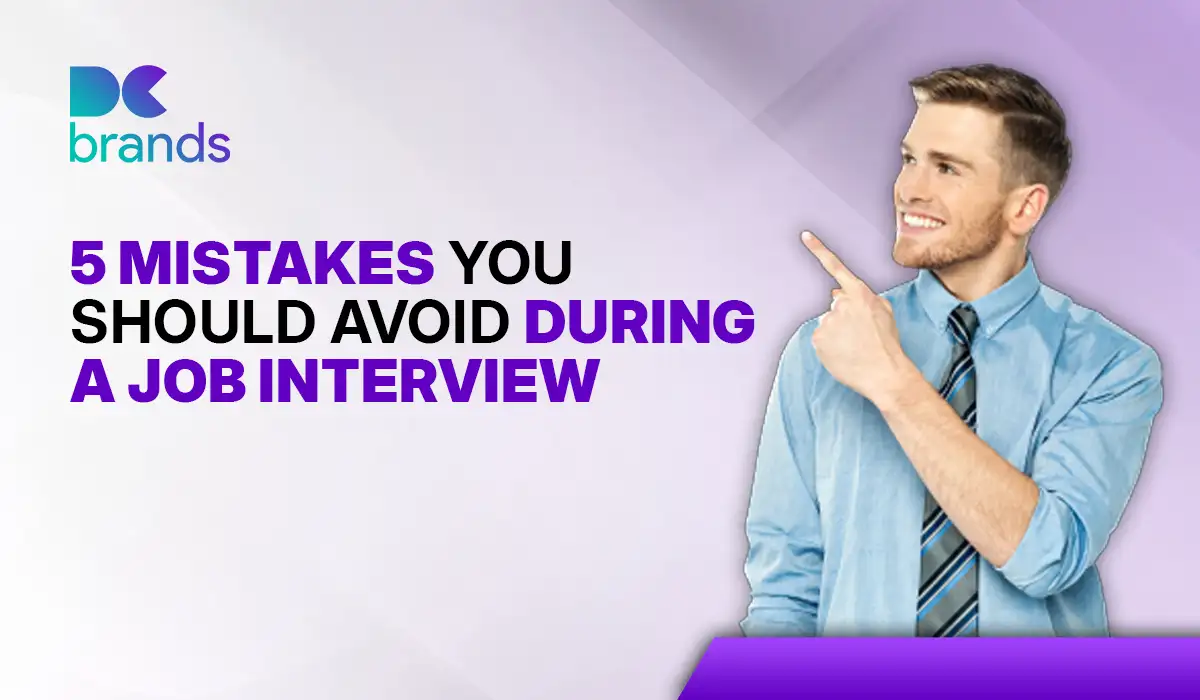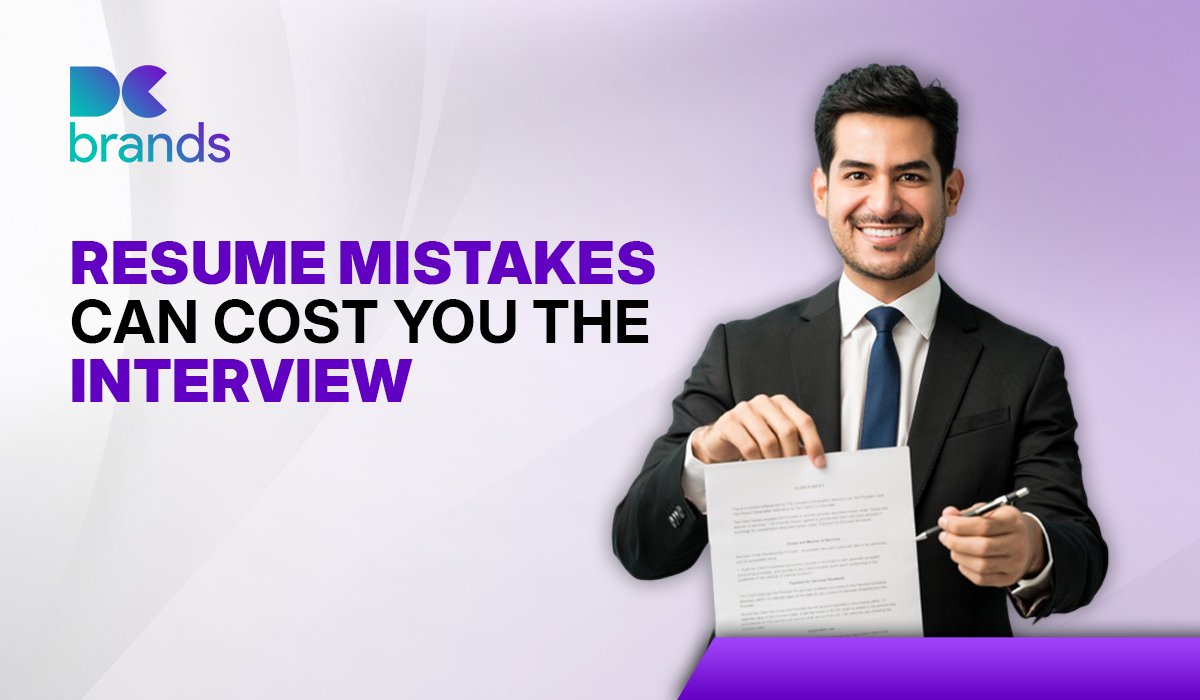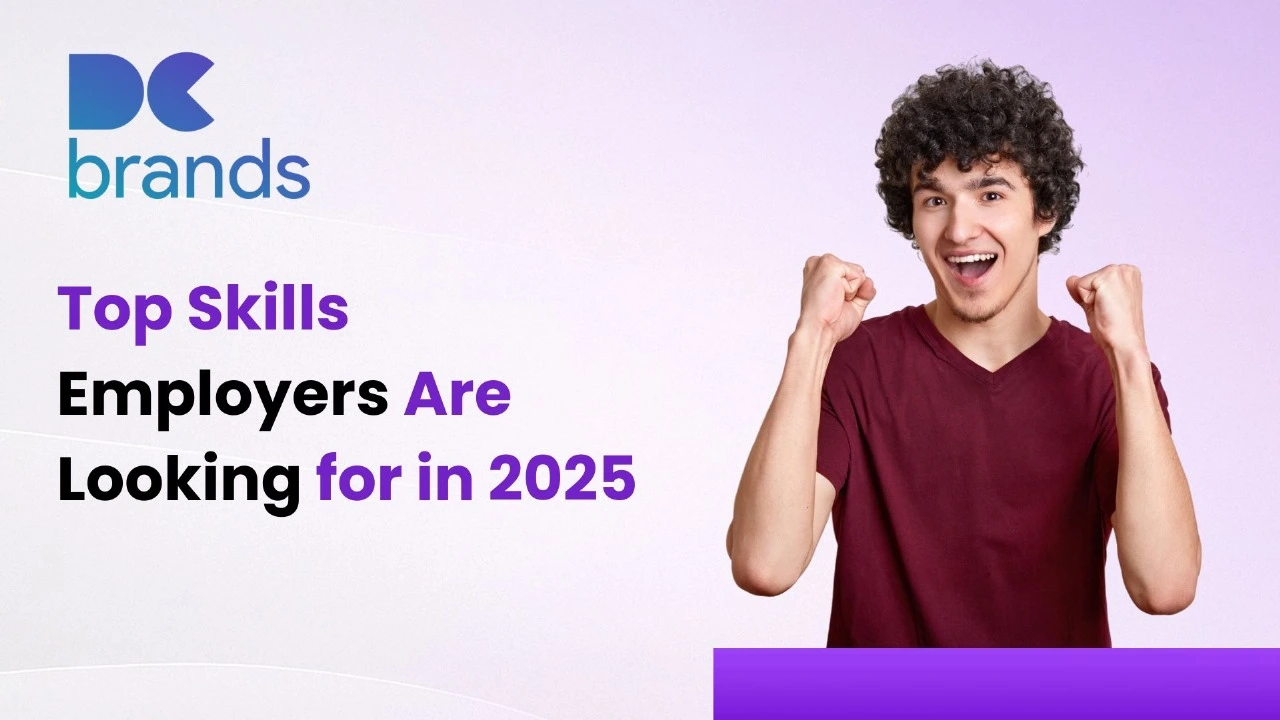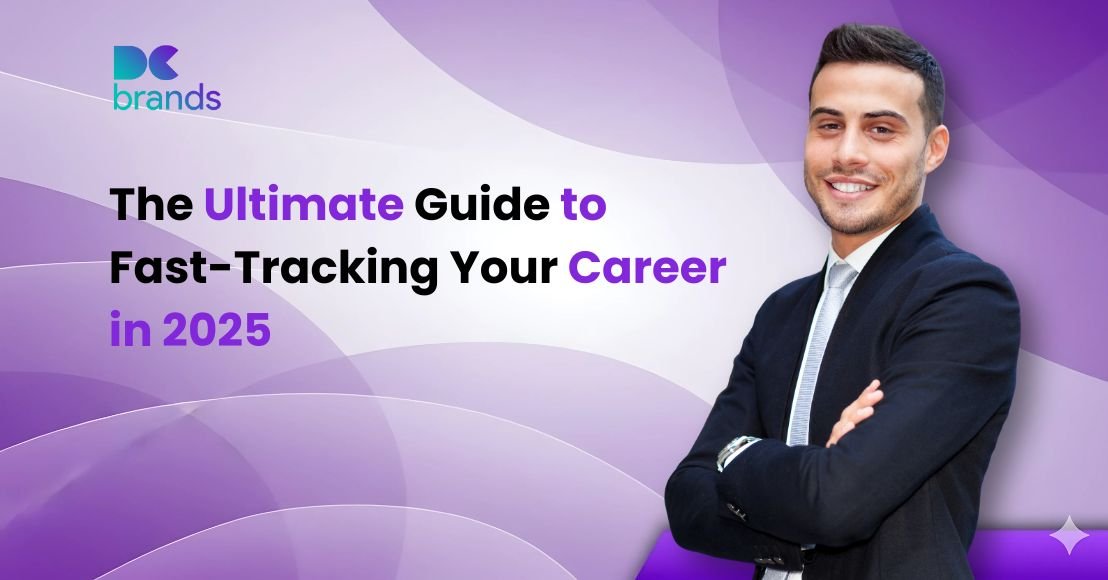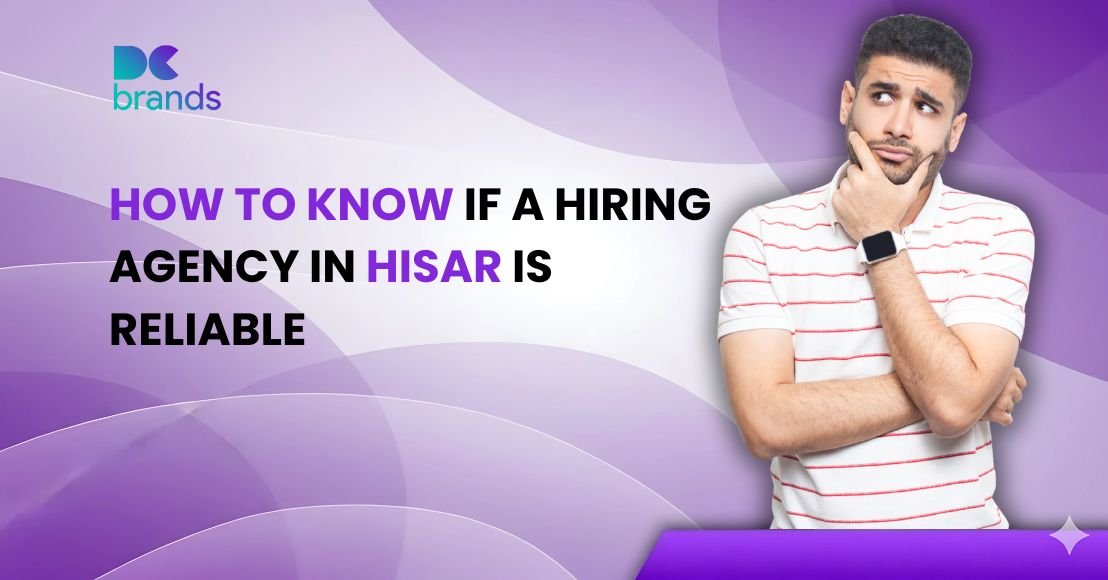Landing a job interview is exciting but it’s also nerve-wracking. Even if you have the perfect resume, one wrong move can cost you the job. Many candidates unknowingly commit common job interview mistakes that can make the difference between success and failure.
In this blog, we’ll explore the 5 biggest mistakes to avoid during a job interview, along with tips to handle them effectively. By the end, you’ll be better prepared to impress your interviewer and land that dream job.
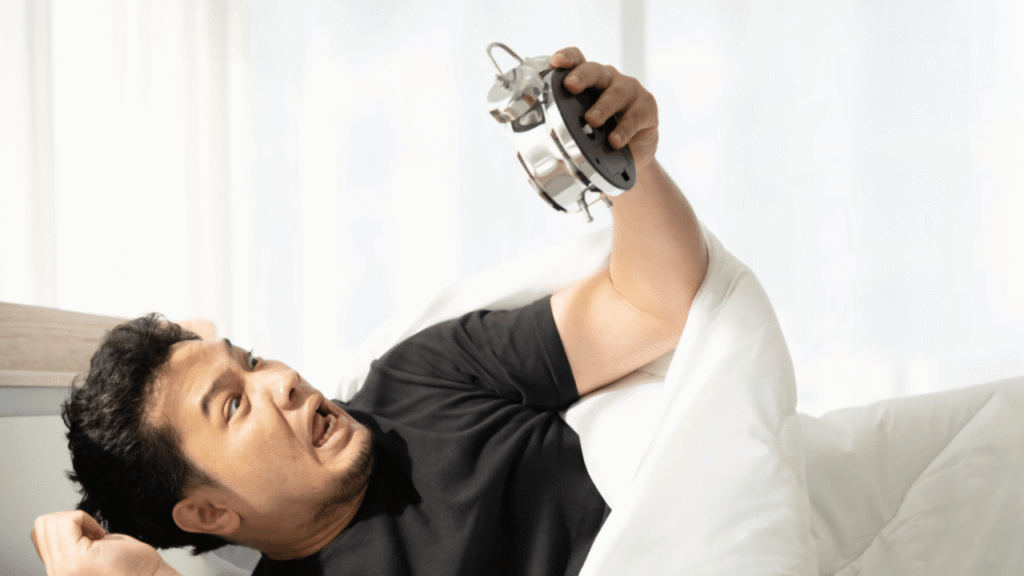
1. Arriving Late or Being Unprepared
Nothing starts a job interview on the right note like punctuality and preparation. Arriving late shows a lack of professionalism and respect for the interviewer’s time. Similarly, walking in without researching the company or the role is a red flag.
How to Avoid This Mistake:
- Always plan to arrive at least 10–15 minutes early.
- Research the company’s history, products, culture, and recent achievements.
- Prepare questions to ask the interviewer—it shows interest and initiative.
Tip: Use tools like Google Maps to check travel time and traffic, or test your virtual setup if it’s an online interview.
2. Dressing Inappropriately
Your appearance speaks before you even say a word. Dressing too casually, wearing wrinkled clothes, or not following the company’s dress code can leave a negative impression.
How to Avoid This Mistake:
- Understand the company culture and dress accordingly.
- When in doubt, opt for business casual or formal attire.
- Grooming matters—pay attention to details like hair, nails, and shoes.
Remember: First impressions last. Your attire should convey confidence and professionalism without overdoing it.

3. Poor Communication Skills
Many candidates focus on what they say rather than how they say it. Mumbled answers, long-winded explanations, or negative language are common job interview mistakes.
How to Avoid This Mistake:
- Speak clearly and confidently. Practice answers to common interview questions beforehand.
- Avoid using filler words like “um” or “like” excessively.
- Listen carefully to the interviewer and respond thoughtfully.
- Maintain good eye contact and open body language.
Tip: Practicing mock interviews with friends or mentors can help you refine your communication style.
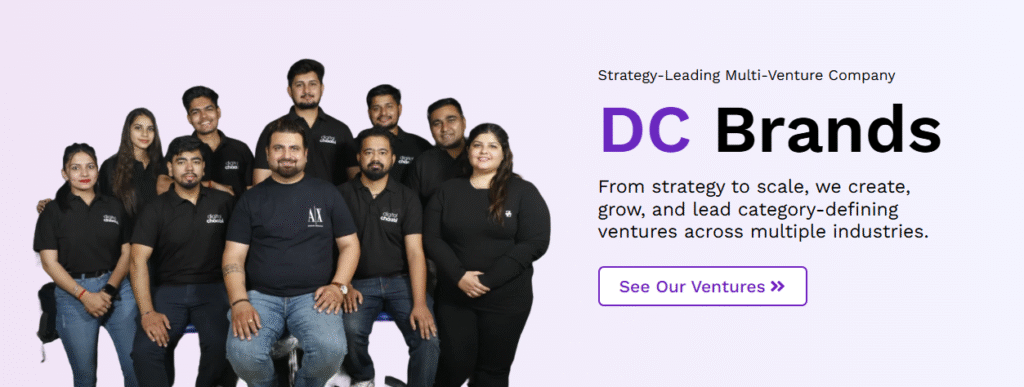
4. Talking Negatively About Previous Employers
One of the fastest ways to lose an interviewer’s confidence is by badmouthing a previous employer or colleague. This behavior makes you appear unprofessional and difficult to work with.
How to Avoid This Mistake:
- Focus on the positive aspects of your previous roles.
- If asked about challenges, frame them as learning experiences.
- Keep the discussion solution-oriented rather than complaint-focused.
Example: Instead of saying, “My boss was terrible,” you could say, “I faced challenges with workload management, which helped me improve my time management and prioritization skills.”
5. Not Asking Questions
Many candidates fail to ask questions at the end of the interview, missing an opportunity to demonstrate genuine interest. Not asking questions can make you seem disengaged or unprepared.
How to Avoid This Mistake:
- Prepare 3–5 thoughtful questions about the role, team, or company culture.
- Examples include:
- “What does success look like in this role?”
- “How does the team handle challenges during high-pressure projects?”
- “Can you describe the company’s approach to professional development?”
- “What does success look like in this role?”
- Asking questions shows you’re proactive and genuinely interested in contributing to the company.

Additional Tips to Avoid Job Interview Mistakes
- Follow Up: Send a thank-you email within 24 hours to express gratitude and reinforce your interest.
- Mind Your Body Language: Sit upright, smile naturally, and avoid fidgeting.
- Be Yourself: Authenticity resonates more than rehearsed answers.
Conclusion
Avoiding these job interview mistakes can significantly improve your chances of landing your desired role. Remember: preparation, professionalism, positive communication, and genuine engagement make a lasting impression.
By focusing on punctuality, appropriate dressing, clear communication, positive framing, and asking insightful questions, you can turn interviews into opportunities rather than stressful experiences.
(FAQs)
Q1: How early should I arrive for a job interview?
Arrive at least 10–15 minutes early to show punctuality and give yourself time to settle in.
Q2: What should I wear to a job interview?
Dress according to the company’s culture. When in doubt, opt for business casual or formal attire.
Q3: Is it okay to discuss salary during the first interview?
It’s best to wait until the interviewer brings it up or during a later stage. Focus on showcasing your skills and fit first.
Q4: How can I avoid sounding nervous in interviews?
Practice common questions, breathe deeply, maintain eye contact, and prepare examples of your achievements.
Q5: What are some examples of good questions to ask an interviewer?
Ask about team dynamics, success metrics, professional growth opportunities, or the company culture.

